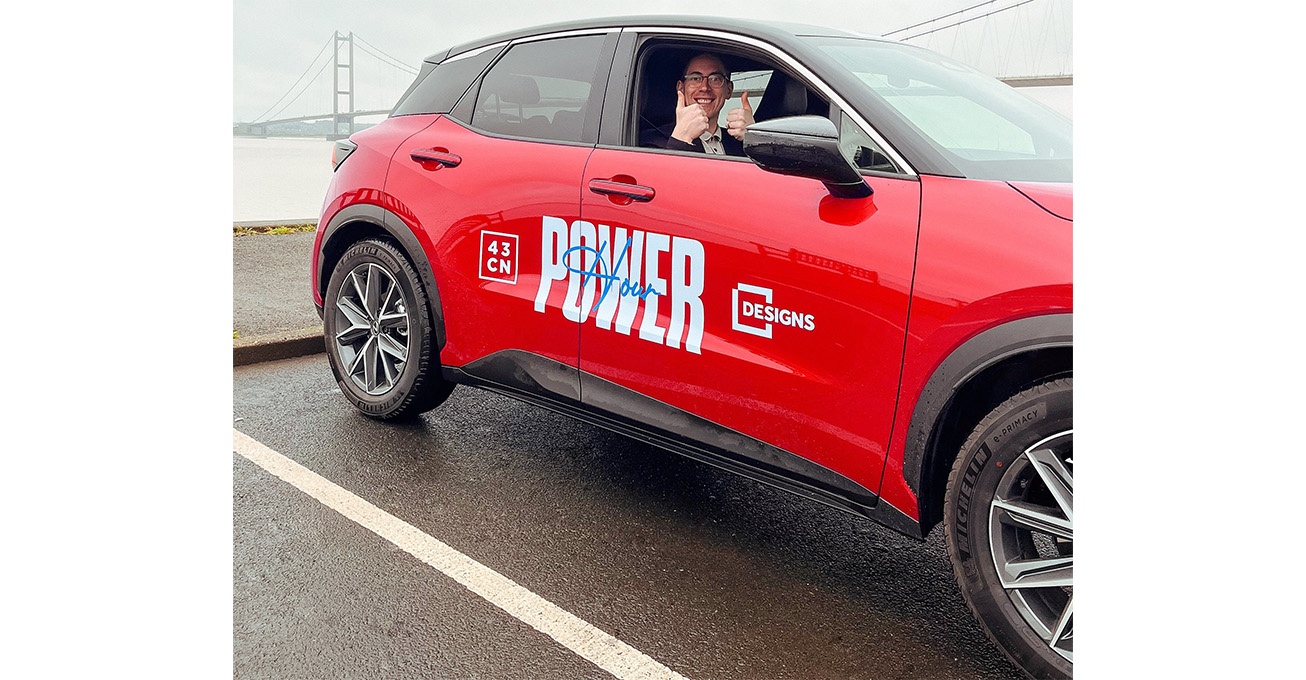- Research reveals that personal ownership over a team project boosts creativity but lowers team outcomes
- International study analysed data from team members and project managers working at organisations in the United States, United Kingdom, Lithuania and China
Although there’s no ‘I’ in ‘team’, as the saying goes, a new study suggests it’s important for individuals to feel personal ownership towards a team project in order to be more creative.
The research, co-authored by Dr Claudia Sacramento from Aston Business School in Birmingham, suggests that this also drives each team member to invest more time and effort into the project.
Despite this, teams with high levels of individual ownership have been found to be less collectively engaged, which decreases team creativity.
The study, published in the Journal of Occupational and Organizational Psychology, investigated two types of psychological ownership, namely personal (‘this is my project’) and collective (‘this is our project’) and how these influence individual and team behaviour in a project that required creative input.
The results, also analysed by Dr Leva Martinaityte from the University of East Anglia and Professor Kerrie Unsworth at the University of Leeds, reveal that although collective psychological ownership has positive effects on engagement and subsequently on creativity, for both individuals and teams, personal psychological ownership drives individual engagement and creativity, but has the opposite effect on team outcomes.
Dr Claudia Sacramento said: “Experiencing a sense of psychological ownership towards objects is part of our human nature, and it is only natural that this feeling extends to the context of work projects.
“This research helps us to better understand how psychological ownership affects our behaviour in working teams. Our results show that although collective ownership is associated with both individual and team engagement, there is a negative side to individual ownership, which is associated with lower team engagement.
“Thus, although psychological ownership can still be seen as generally something positive which we would like to promote, managers should also be cautious of the negative effects of individuals experiencing a high sense of individual ownership while working in shared team projects.”
The study analysed data from 39 teams and 186 individuals – including team members and project managers – working at international organisations based in the United States, United Kingdom, Lithuania, and China.
Examples of projects they worked on included developing mobile software, creating and implementing a building design and launching an event.
In an initial questionnaire team members reported their personal psychological ownership and collective psychological ownership towards the specific project. In a second questionnaire three weeks later they reported their levels of individual engagement in the project and their own creativity. At the same time, project managers rated the team’s engagement in the project. Finally, three weeks later managers reported team creativity.







